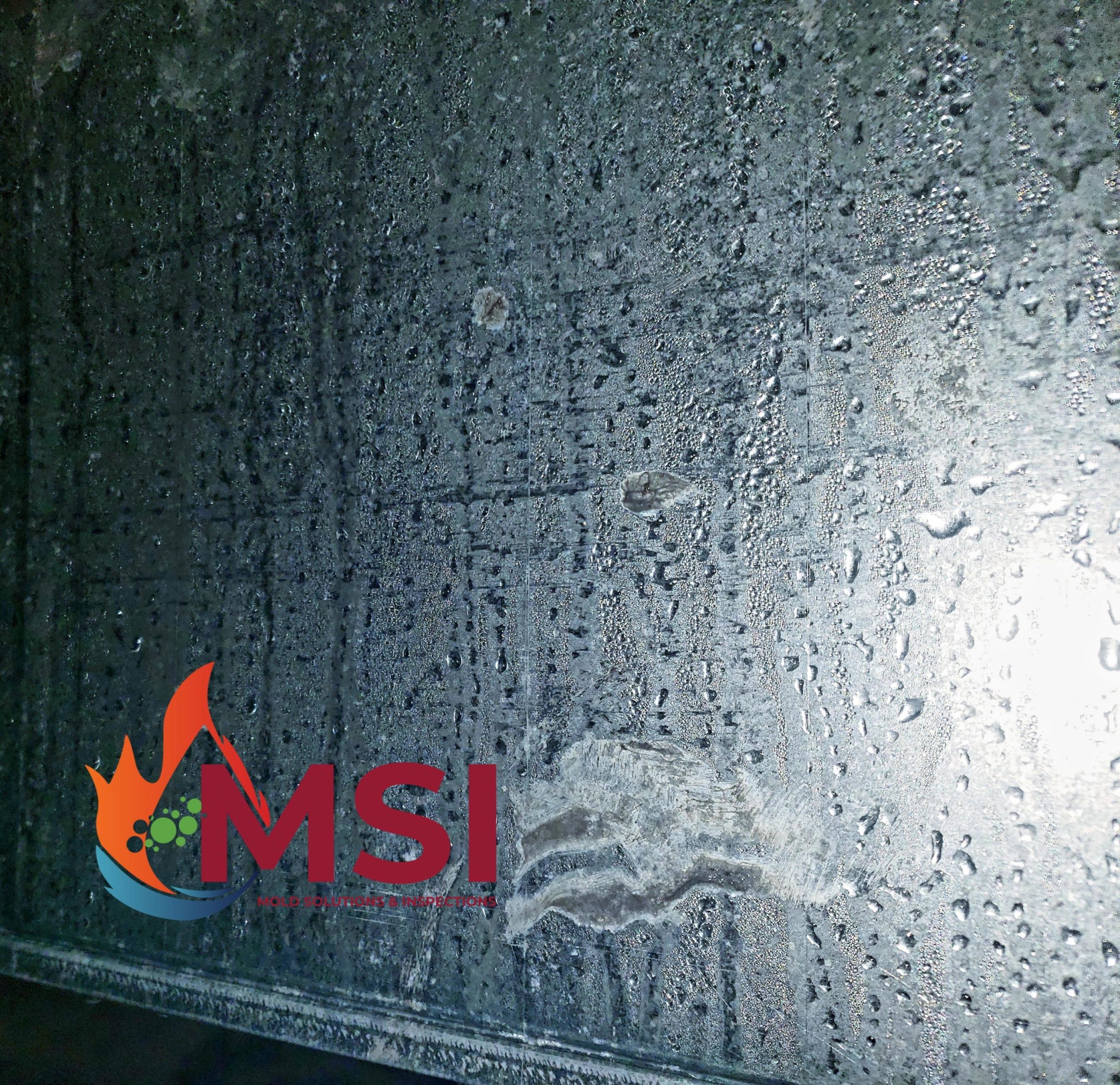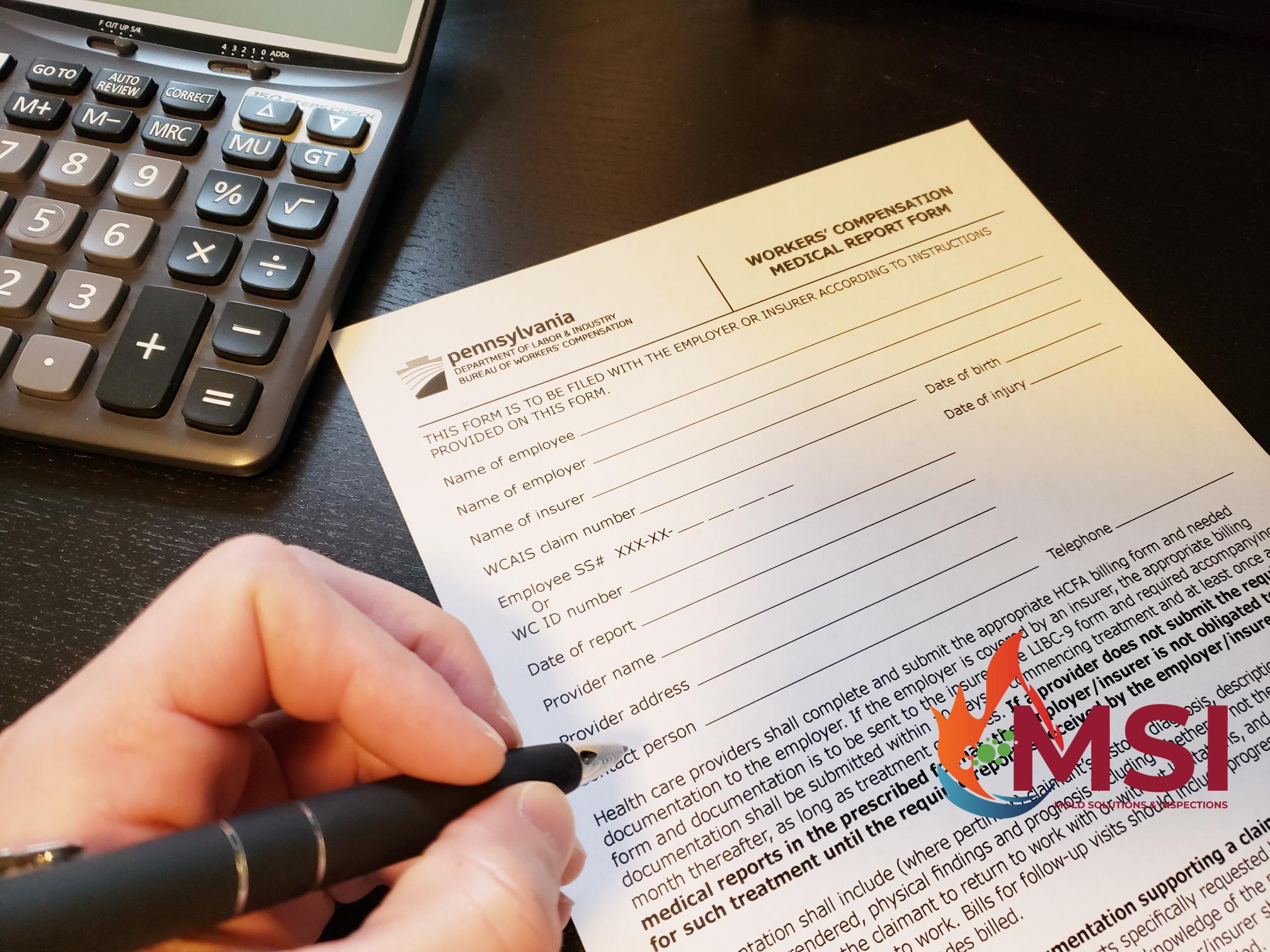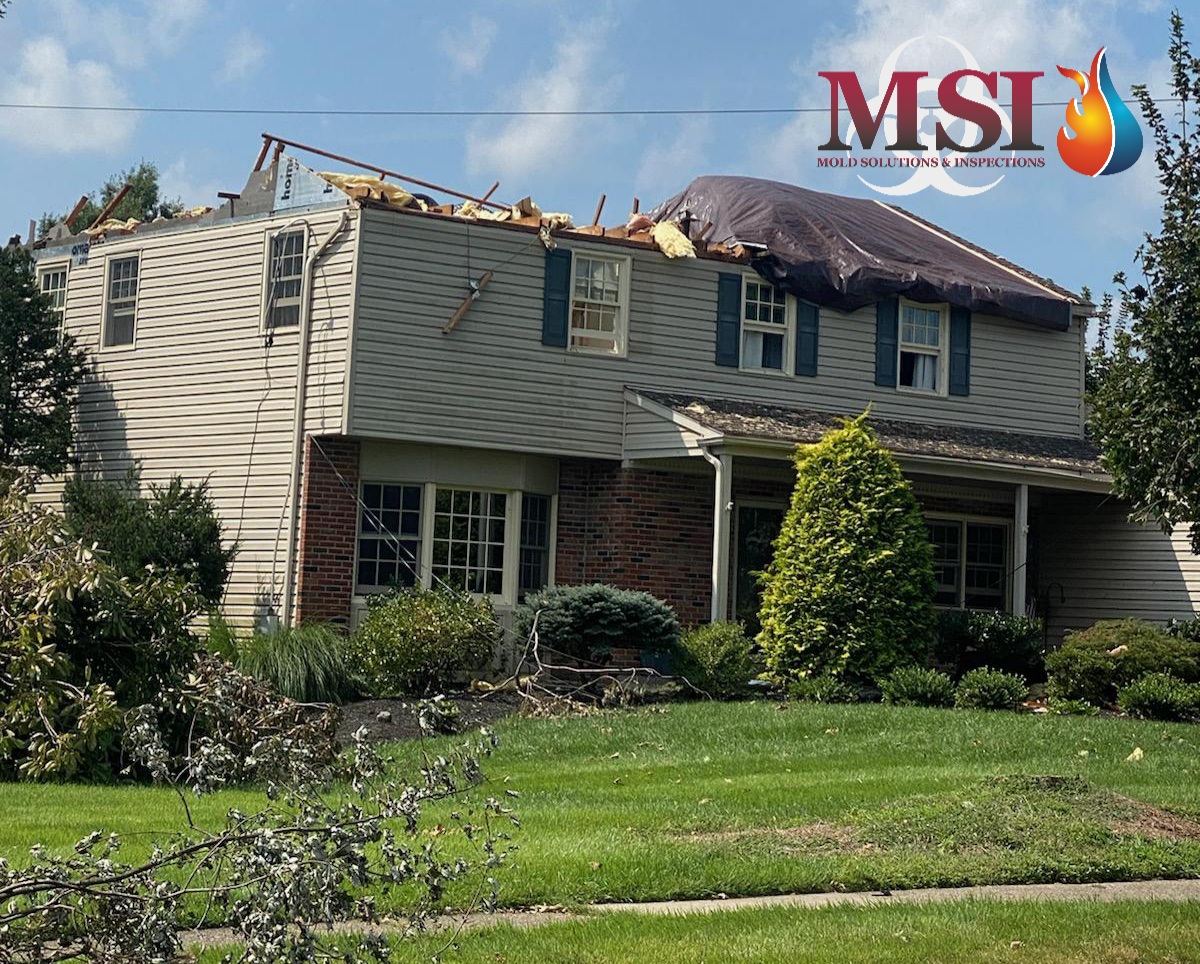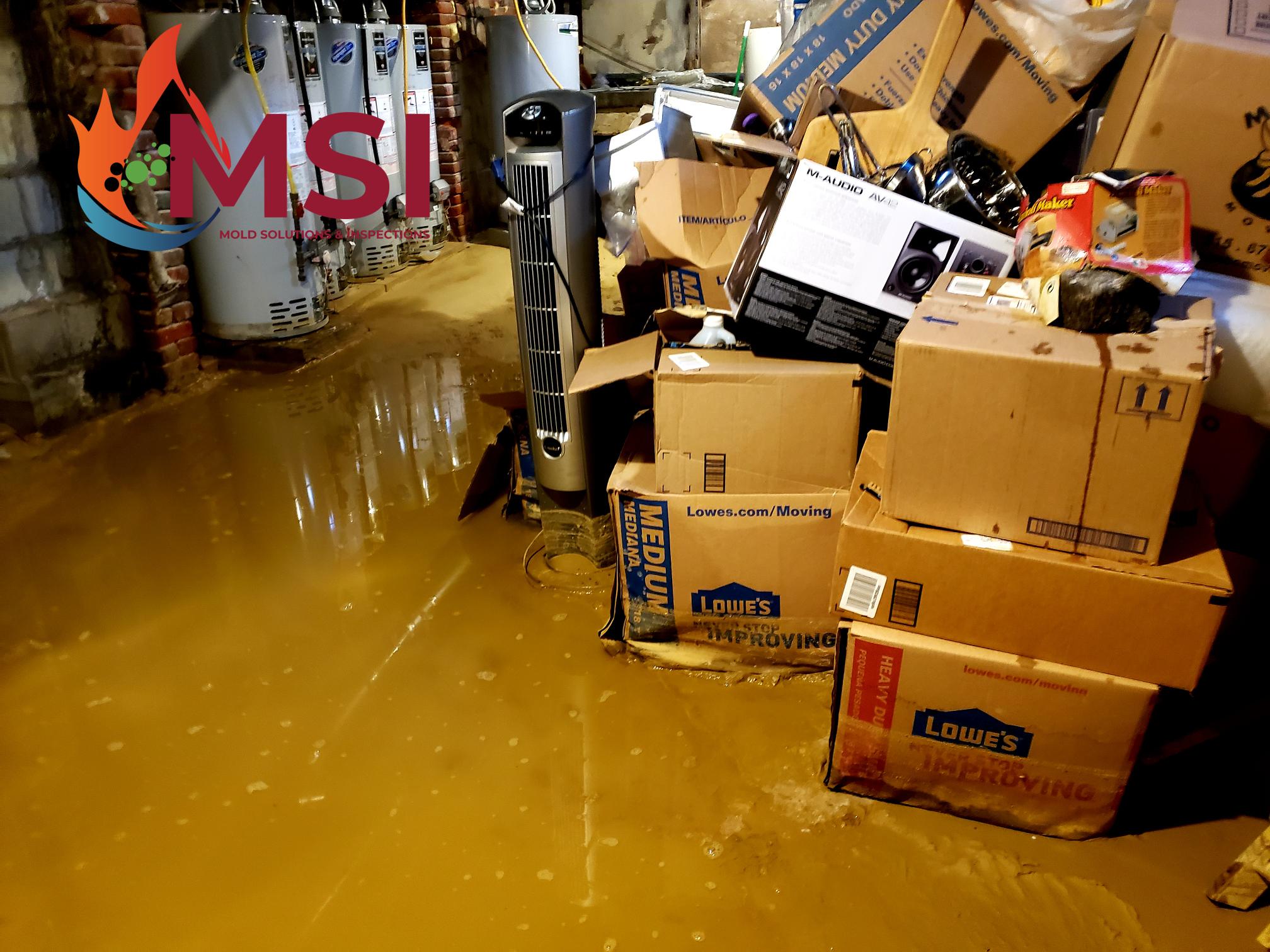Aspergillus Symptoms
Since Aspergillus spores are everywhere, we are constantly breathing them in. However the amount of Aspergillus spores in the air is usually within our natural tolerance levels and hence does not affect our health. If you have Aspergillus mold in your home or environment, however, the increased amount of airborne spores can lead to negative symptoms. The three main types of symptoms are:
- Allergic symptoms. Exposure to large amounts of Aspergillus spores can cause allergic reactions. People with severe asthma are often sensitive to Aspergillus and can suffer asthma attacks because of the spores.
(see the Mold Symptoms page for more information about allergic symptoms) - Toxic symptoms. These are caused by the mycotoxins produced by some species of Aspergillus, especially Aspergillus flavus. One such mycotoxin is aflatoxin, a very potent carcinogen.
- Infection. Aspergillus species can infect people and animals and begin to grow inside them, especially in the lungs. Usually only people with weakened immune systems are susceptible to infection by Aspergillus. Aspergillus infections are categorized in the group of diseases called Aspergillosis.
Aspergillosis
The group of diseases caused by Aspergillus exposure is known as Aspergillosis. The main diseases of Aspergillosis are:
- Allergic bronchopulmonary aspergillosis
- Acute invasive aspergillosis
- Disseminated invasive aspergillosis
Allergic Bronchopulmonary Aspergillosis
Allergic bronchopulmonary aspergillosis (ABPA) is a disease where a person’s immune system is hypersensitive to Aspergillus spores. This hypersensitivity causes allergic reactions in the person when they are exposed to Aspergillus as the immune system tries to expel the spores from the body. People with cystic fibrosis or asthma are especially vulnerable to Allergic bronchopulmonary aspergillosis, with approximately 5% of asthmatics suffering this disease at some point in their life. Allergic bronchopulmonary aspergillosis is usually caused by Aspergillus fumigatus.
Symptoms:
- Difficulty breathing, shortness of breath and breathlessness
- Wheezing
- Symptoms of asthma, asthma attacks
- Coughing up mucus
- Coughing blood
- Sinusitis (infection or inflammation of the sinuses)
- Loss of appetite
- Fever
- General malaise and feeling unwell
- In later stages can cause lung damage (fibrosis)
Tests for allergic bronchopulmonary aspergillosis can be performed through x-rays, skin tests or blood tests. The treatment for allergic bronchopulmonary aspergillosis is for steroids to be taken through mouth or nasal spray. An antifungal drug called itraconazole can also help to treat the disease in conjunction with steroids.
Check back for Part 3 and click here for more info Biowashing.com








